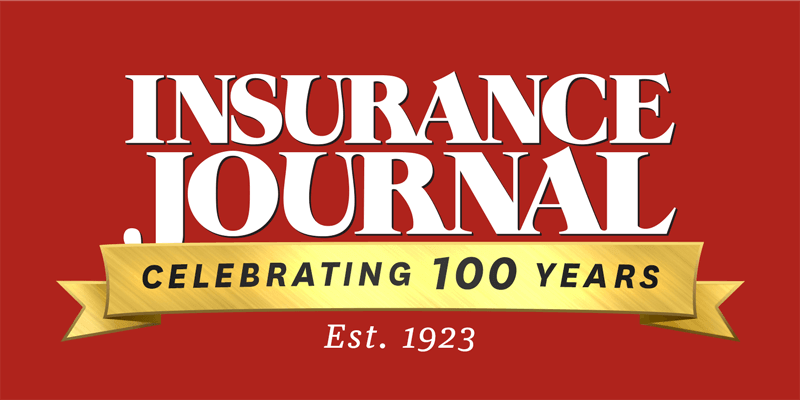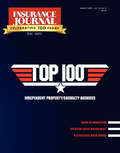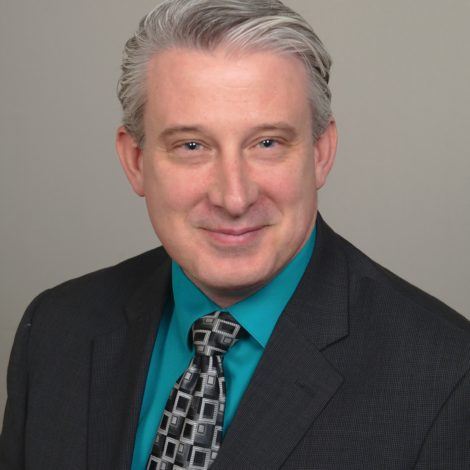Remember when Lemonade made a big splash, telling us that they were going to shake the whole insurance world and disrupt everything? Since they are in the news right now, I thought today’s a good day to check back in with them, taste a little of their cool, refreshing beverage and see if they found the perfect ratio of lemons to sugar and water to make our insurance experiences sweet and just tart enough to make us squint a little.
“Big Heart” – Lemonade’s homepage
Lemonade is the insurance company with a big heart. And it appears that in some ways they might be just that. They claim that at the end of the year if there’s money left over, they give it away to causes that are important to them and to their policyholders. We support it when a company gives back so that’s a good thing.
On the other hand, it doesn’t seem that the big heart doesn’t extend to everyone. Lemonade recently completed the acquisition of Metromile, a personal auto insuretech. They hadn’t yet perfected their own personal auto product so rather than messing around with different recipes, they just bought someone else’s recipe and added it to their own. Metromile flavored lemonade. Yum.
Unfortunately, some of the team at Metromile recently showed up to work to discover that they “weren’t extended an offer to join Lemonade.” That must be big-hearted company for, “we wanted the company’s cool stuff, but not all of their cool people.” That seems like the lemon-to-sugar ratio might be out of balance here.
How is this different from other insurance companies (or other tech companies for that matter) that acquire competitors to gain market share and then decide to lay off employees? It doesn’t feel like it’s too different from other companies. Maybe we shouldn’t forget everything that we know about insurance quite yet?
Guns and Lemonade
Back in 2019, Lemonade’s Co-CEO wrote a blog post about guns, coverage, and what Lemonade intended to do (compared to other insurance companies) about the proliferation of guns.
Quick note: this is about insurance on a class of personal property, nothing more. Except for a company that tries to tell the world one thing and actually be something else. If you want to know my thoughts about guns or any other topic outside of insurance, our standard rule is that we have that conversation across a table from one another, face-to-face, and you buy the coffee, donuts, and (or) breakfast.
Here’s how the blog reads.
Our policy already excludes coverage for any illegal guns or gun use, but in our next version we plan to add more protections around firearms:
- We will exclude assault rifles altogether. We simply don’t understand why civilians need military-grade weapons, and we prefer not to insure them.
- We will add requirements that firearms be stored securely and used responsibly, upon penalty of voiding coverage. We believe guns should be treated mindfully and soberly, not as a plaything, a status symbol or an ideological prop. Reasonable people, we believe, can agree on that.
Whether you approve of the move or not, if this is true, at least you know where they stand and if you own the items in question, you can find another insurance company. That’s what the free market system is about.
The problem with the statement from a coverage perspective is that it isn’t true. We have searched the public filings in several states, including states with more restrictions on gun ownership and other states with fewer restrictions. They haven’t filed a single policy change to reflect their rhetoric.
As a fan of the free market system, I support their ability to write whatever business they want to write. But I think that a company that bills itself as different and transparent, owes the public an update about why they haven’t filed the forms to make the changes that they want to shout publicly. It might be that they are working on writing the next policy edition and they are having trouble with the policy language. It could also be that they have filed it in states that we didn’t check yet. Maybe they have tried to file it in a few states and the changes that they want to make are just not being approved by the states.
Maybe they could update their blog and let us know how this is going unless the blog post was about getting eyes to look at them so that they didn’t have to actually do anything about the issue that they claim to be passionate about.
If I’m wrong about this, someone let me know. I’ll retract and correct it.
Policy 2.0
Another splash they made a few years ago now was to publish a draft policy form and invite the insurance consumers to take part in writing an insurance policy. The idea seemed to be that all of us together could write an insurance policy that was eminently more readable than anything that insurance companies could write and maybe that insurance consumers would enjoy taking part in the experiment.
How’s that coming along? I subscribed to the page on Github where the policy is sitting. I’m supposed to be getting updates whenever anyone makes changes. I haven’t gotten any updates in a very long time. In fact, there were several issues that were opened up in 2018, but nothing since then.
In fact, many of the comments that I’ve seen around this new policy have come from insurance professionals, not the consumers.
While no one would argue that insurance policies are simple to read, it would appear that the consumer doesn’t want to work on making them more readable. It looks like some problems can’t be crowd-solved. The crowd knows that they aren’t experts (especially in insurance policy language) and since they aren’t, my guess is that they looked at the whole thing and decided that it was way more complicated than they wanted to dig into.
This experiment, while fun on the surface, was more of a try to sound more people-friendly than actually be people-friendly.
So far, the lemonade tastes a lot like classic insurance lemonade.
Are they different at all?
Actually, yes. There is one way that they are different. They think that they can write a lot of insurance policies without actually running into the problems that other insurance companies run into.
They appear to believe that their acquisition of Metromile will help them tap into an “unlimited total available market”. What that means exactly is hard to say, but it seems to be somewhere between uninformed and blindly optimistic.
There is no such thing as an unlimited total available market. Every market has limits. There are only so many customers available. In this context, we are talking about personal auto policies. Not everyone owns a car. Not everyone drives a car. Not everyone that owns a car or drives one buys insurance.
Thinking in terms of an unlimited market makes us think that they want to insure everyone that wants to buy insurance. That’s laughable because anyone that’s been in the insurance world any length of time understands that there are some people who will want to buy insurance, but most insurance companies don’t want to insure them. If Lemonade wants to experience their unlimited total available market, perhaps rather than acquiring Metromile, they could dive into the assigned risk market and see how that works for them. That’s a part of the market that surely will help them to understand the unlimited total available market.
In the end, it’s just another insurance company. Their customers appear to like the flavor of the lemonade. Their investors appear to like it, too. To me, it tastes just like six other flavors I’ve had before. It’s fine, but when I want lemonade, I usually go for a large diet from Chick-fil-A, unless I want a real treat. Then it’s a frosted lemonade.
Was this article valuable?
Here are more articles you may enjoy.



 Maui Fire Is Deadliest in US in 105 Years, With 93 Killed
Maui Fire Is Deadliest in US in 105 Years, With 93 Killed  Could Georgia Be Next With Major Tort Reform? Kemp Calls for Limits
Could Georgia Be Next With Major Tort Reform? Kemp Calls for Limits  Kellogg’s ‘Woke’ Workplace Diversity Programs Are Illegal, Group Claims
Kellogg’s ‘Woke’ Workplace Diversity Programs Are Illegal, Group Claims  Inflation, Catastrophe Losses Lead P&C Underwriting Loss in 2023
Inflation, Catastrophe Losses Lead P&C Underwriting Loss in 2023 


